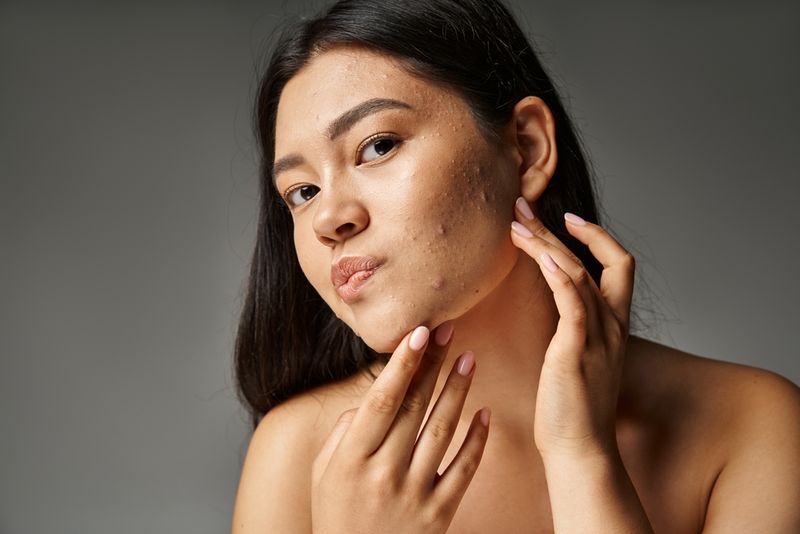10 Myths About Puberty Parents May Want to Rethink

Puberty is a complicated and emotional time—not just for kids, but for their parents too. As children begin to transform physically, emotionally, and socially, many adults find themselves clinging to outdated beliefs or misinformation that simply doesn’t hold up anymore. These myths, while often rooted in good intentions, can lead to confusion, shame, or even missed opportunities for connection.
1. Puberty Starts at the Same Age for Everyone

It’s easy to assume there’s a “normal” age for puberty, but that’s far from reality. Some children start developing as early as age 8, while others don’t begin until their mid-teens. Both are perfectly within the range of what’s considered healthy and normal.
Instead of worrying about whether your child is early or late, focus on supporting them where they are. Everyone’s body operates on its own schedule. The most important thing is that your child feels safe and confident during this transition, regardless of when it begins.
2. Only Boys Get Moody During Puberty

People often expect boys to become “difficult” or aggressive during puberty, while girls are seen as overly emotional. But the truth is that hormonal fluctuations affect all kids, and mood swings are not exclusive to any one gender.
Emotional outbursts, irritability, and even moments of sadness or anxiety are common for both boys and girls. Parents should be prepared to support their children emotionally, no matter their gender, and avoid labeling one group as more or less “dramatic” than the other.
3. Puberty Means Immediate Interest in Dating

Just because your child’s body is changing doesn’t mean they’re suddenly preoccupied with romance. Some kids may show interest earlier than others, while some won’t think about it at all for several more years.
It’s important not to project adult assumptions onto kids during puberty. Instead, create a space where they feel safe asking questions when they’re ready. Don’t panic if they show no interest—or if they start asking about relationships earlier than you expect. Open, honest communication is the key.
4. Acne Means Poor Hygiene

When pimples pop up, it’s tempting to assume someone hasn’t been washing their face properly. But in most cases, acne is the result of increased oil production caused by puberty hormones—not dirt or lack of cleanliness.
Over-washing or using harsh products can actually make the situation worse by irritating the skin. Instead of shaming kids for something they can’t control, guide them toward gentle, age-appropriate skincare routines. And remember, acne is totally normal—it doesn’t mean your teen is doing anything wrong.
5. Once Puberty Starts, It All Happens Fast

The moment a parent notices signs of puberty, they might brace for everything to change overnight. But the reality is that puberty is a slow, multi-year process that unfolds differently for each individual.
Changes like height growth, voice deepening, or breast development often occur in stages and may take several years to complete. It’s a marathon, not a sprint—so be patient and reassuring. Your child needs time to adjust to their changing body, just like you do.
6. Talking About Puberty Will Encourage “Adult” Behavior

Some parents fear that discussing puberty will make their kids grow up too fast or get curious about physical intimacy too soon. But avoiding the topic actually leaves children confused and uninformed, making them more vulnerable to misinformation.
When you talk openly and age-appropriately, you normalize the experience and make your child feel safe coming to you with questions. Knowledge doesn’t corrupt—it empowers. The more kids understand about their bodies and emotions, the more responsibly they’ll handle them.
7. Girls Shouldn’t Use Tampons When They First Start Their Period

There’s a lingering belief that tampons are unsafe or inappropriate for young girls, especially when they first begin menstruating. But medically, there’s no reason why a beginner can’t use them if she feels comfortable.
It’s all about personal choice and education. If your daughter is curious, show her how to use them safely and explain the pros and cons. She might prefer pads for a while—or she might find tampons more convenient. Either way, what matters is that she’s making an informed decision.
8. Boys Don’t Need “The Talk” About Emotions or Consent

While parents may focus on physical changes in boys, many neglect to teach emotional awareness, boundaries, and consent. But boys go through social and emotional changes too, and they absolutely need guidance.
Discussing things like respect, empathy, and how to handle feelings gives boys tools that are just as essential as any hygiene tip. Puberty is the ideal time to teach them about emotional responsibility—not just physical maturity.
9. Breast Development Always Means a Girl Is Mature

It’s common to mistake physical growth for emotional readiness. But just because a girl is developing breasts doesn’t mean she’s mentally or emotionally prepared for more adult responsibilities—or adult attention.
Parents need to be especially mindful not to treat their daughters differently based on appearance. Emotional support and protection should come before assumptions about maturity. Every child deserves to grow at their own pace without judgment or pressure based on how they look.
10. Puberty Is the Same for Every Generation

If you think your child is going through the same puberty experience you had, think again. Today’s kids face different cultural pressures, online influences, and evolving views on gender and identity that shape how they experience this phase.
Understanding that their journey is different from yours helps you meet them with empathy rather than expectations. Parents should stay curious and adaptable—because what worked 20 years ago might not apply in a digital, fast-changing world.

Comments
Loading…